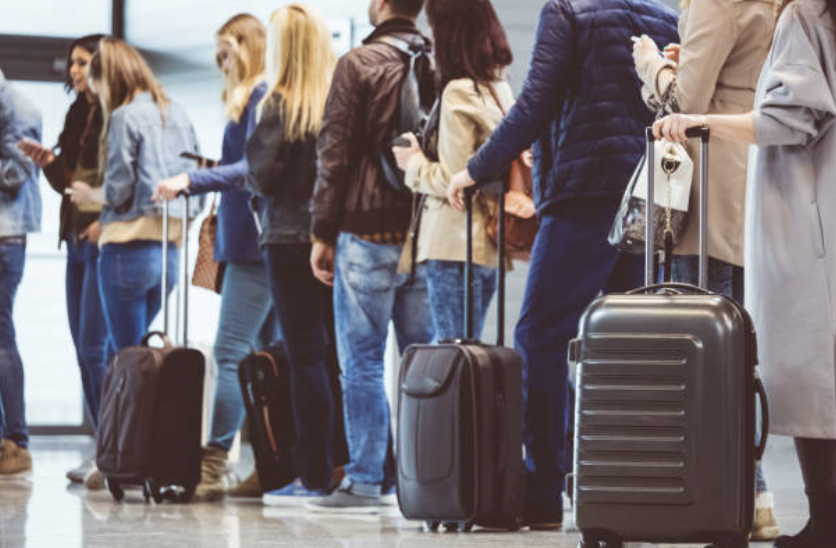The international boarders have opened and flights have slowly resumed. People are beginning to make travel plans again. This also means we are going to experience jet lag, dehydration, body aches and stiffness during these long flights. Do you have lower back or neck pain? It is most likely being confined in a chair for long hours can exacerbate these musculoskeletal conditions. The good news is that there are strategies we can employ to stay healthy during these long flights. Here are 5 tips you can do to minimize soreness and stiffness on long flights.
- Get moving: When we seat for long periods, it can result in decrease blood circulation which can lead to muscular aches. Our bodies are designed to move and getting off your seat every 30-60 minutes for a few minutes is a great way to keep us feeling fresh and at our best. Just remember to only get off your seat when the seat belt sign is off.
- Perform stretches: Most of us can feel stiff when we sit for a long period of time. A simple way to get rid of stiffness is to perform stretches. Simple stretches and movements that involve marching on the spot, shoulder rolls and squats are a great way to get the blood circulation flowing smoothly throughout the body. If you are unsure about what stretches you can do for a specific body part then contact us! Our experienced physiotherapist will be able to equip you with the exercises to help you get rid of stiffness associated with prolonged sitting position.
- Stay hydrated: Water is an essential part of a balanced diet and we require it for everyday bodily function. You have probably heard of the general advice to drink 8 glasses of water a day. The amount of water your body requires can vary between individuals. However, on airplanes the humidity is set at 10-20% compared to the 35-65% of humidity on land. This low humidity means our body get dehydrated at a faster rate. This is why is important to drink more water than usual when we are on flights. It is also important to limit caffeinated or alcoholic drinks which can increase dehydration.
- Talk to a health professional: For many of us, we have pre-existing musculoskeletal conditions. This can be knee pain, neck stiffness or back ache. It can be beneficial to talk to physiotherapist so they can prescribe specific exercises that you can perform on the plane to help minimize flare ups. For example, people who experience sciatic nerve pain can benefit from a nerve mobilization exercise to help release tension of the nerve. A physiotherapist can teach them this exercise so they can use it on the flight to minimize symptoms. Book an appointment with one of our friendly physiotherapist.
- Wear comfortable clothes: When you are travelling on a plane, it is important to pick up clothes that offer maximum comfort and allow free movement. Tight clothes can restrict blood circulation in the body. The clothes you select should fit you well and be made from high quality breathable fabric.
This blog is for educational purposes only, and is not to be interpreted as a recommendation for a specific treatment plan or course of action. It is not intended to be a substitute for professional medical advice and should not be relied on as health advice. Always seek the guidance of your doctor or other qualified health professional with any questions you may have regarding your health or a medical condition.

